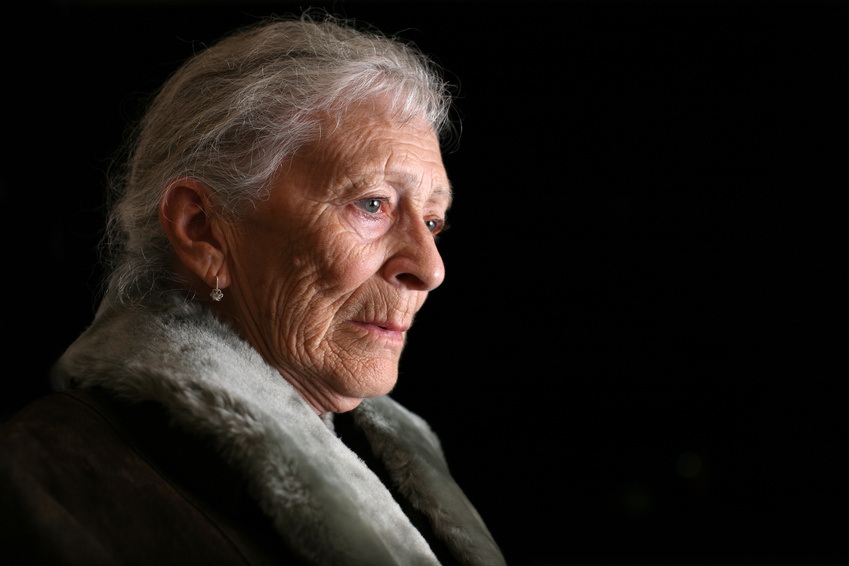
A widow may find they face a crushing load of decision making, as well as working through grief.
Going from a team effort in life to being a widow throws real challenges to some women as they find themselves unprepared for the solo workload of finances as well as daily tasks, according to The New York Times in “You’re a Widow, Now What?“.
For one widow, the task was made even harder by the fact that her husband opted to keep his portfolio in paper certificates, which he kept in his desk. His widow had to hire a financial advisor and a bookkeeper, and it took nearly a year to determine the value of nearly 120 certificates. That was just one of many issues.
She had to settle the affairs of the estate, deal with insurance companies, and with banks and credit cards that had to be cancelled. Her husband also was a partner in a business, which added another layer of complexity.
She decided to approach the chaos as if it were a business. She worked on it six to eight hours a day for many months, starting with organizing all of the paperwork. That meant a filing system. A grief therapist advised her to get up, get dressed as if she was going to work, and to make sure she ate regular meals.
This widow opened a consulting business to advise other widows on handling the practical aspects of settling an estate and also wrote a book about it.
A spouse’s death is one of the most emotionally wrenching events in a person’s life. Women live longer statistically, so they are more likely than men to lose a spouse and have to get their financial lives organized. The loss of a key breadwinner’s income can be a big blow for those who have never lived on their own. The tasks come fast and furiously at a terribly emotional time.
Widows may not realize how vulnerable they are after the death of their long-time spouses. They need to hold off making any big decisions and attack their to-do list in stages. The first task is to contact the Social Security Administration, call life insurance companies (if applicable), and pay important bills, like utilities and property insurance premiums.
Next, replace your spouse with your adult children, trusted family members, or friends as agents for your financial power of attorney and health care proxy.
How to take the proceeds from any life insurance policies depends upon your immediate cash needs and whether you can earn more from the payout by investing the lump sum. Make this decision part of your overall financial strategy, ideally with the advice of a trusted financial advisor.
Determining a Social Security claiming strategy comes next. Depending on your age and income level, you may be able to increase your benefit. If you wait until your full retirement, you can claim the full survivor benefit, which is 100% of the spouse’s benefit. You could claim a survivor benefit at age 60, but it will be reduced for each month you claim before your full retirement age. If both spouses are at least 70 when the husband dies, a widow should switch to a survivor benefit, if her benefit is smaller than his.
Reference: The New York Times (April 11, 2019) “You’re a Widow, Now What?”











